TikTok
has recently announced that it is collaborating with a blockchain-based startup. The startup’s name is Audius. Audius is a brand new streaming platform for all musicians, not just those who are associated with labels. They will collaborate to manage TikTok’s expansive internal audio library.
So, let us first talk a little about Audius. Shall we?
Audius is a decentralized music streaming service. Unlike Spotify or SoundCloud, which are not blockchain-based, Audius is built on the Ethereum and Solana blockchains and is run by a community of token holders, rather than one centralized entity.
To become Token holders, users can either buy AUDIO, the native governance token of Audius or earn it. Top artists and active users of Audius can earn the tokens as rewards. Token holders can vote on and have control over the decisions made, just like the shareholders who own certain stocks.
So, now that I have given a little introduction about Audius, let us remind ourselves about what a blockchain is.
Fundamentally, Blockchain is a technology, which stores data of transactions and transfers values without any sort of centralized ownership. The transactions are stored as individual blocks that are sequentially linked together when connected with timestamps and distinct identifiers to form chains.
In the case of music, it would mean that the individual songs are assigned distinct codes, and clear records are stored each time a song is played.
Now that we know what Audius does and what blockchain is, maybe we should also talk a little about TikTok.
TikTok is the world’s biggest short video network, with over 800 Million monthly active users, and has become a major player in the worldwide music industry. Songs may be used as the background for short movies on TikTok and could go global. Presently, releasing independent music on TikTok necessitates the assistance of a publisher or organizations such as CD Baby or TuneCore, which charge fees or retain a share of the profits.
This is a huge milestone for not just Audius, which was launched in 2018 and recently reached 5 million monthly active users in August, but also the whole crypto community. It lays the path for blockchain-based businesses to become more popular.
Independent musicians will be able to upload music directly to TikTok via Audius. Given the importance of music on TikTok and the platform’s penchant for failure to adequately recognize musicians for their work, this would be a windfall for musical artists.
According to a recent study on blockchain systems in book publishing, the technology has the potential to enhance intellectual property tracking and raise royalty payments to indie publishers. The same might be said for TikTok’s independent performers, but a history of exaggerated claims and unmet promises calls for caution.
Although TikTok has given no indication that it would employ Audius’ blockchain technology to establish a user-centric business model, royalty payments per video play are a fair assumption. When musicians are compensated by a platform like Spotify, they are compensated in cash. Audius, on the other hand, uses its own cryptocurrency, $AUDIO, to perform blockchain transactions.
Although Audius’ co-founder believes that most users are unaware of or disinterested in the cryptocurrency that underpins the network, the price of $AUDIO skyrocketed on cryptocurrency exchanges shortly after the announcement.
Because cryptocurrencies have such a volatile market, it may be hard to anticipate whether artists would receive adequate remuneration if they accept payments in $AUDIO. Artists’ earnings will be determined not just, by how often their music is played, but also by market speculation.
Some new artists could be hesitant to accept payments in a decentralized digital currency with fewer rules and unpredictably fluctuating worth, not to forget the environmental implications of mining and sustaining cryptocurrencies.
A user-centric paradigm, on the other hand, is not without faults. For the concept to be properly tested, record labels, music publishers, and digital platforms must all work together. Anything else would generate major inequalities for artists who use different services.
However, after years of spectacular claims and unmet promises that blockchain could alter the music industry’s future, TikTok has taken a concrete step toward revealing what that future might truly look like for regular musicians.




